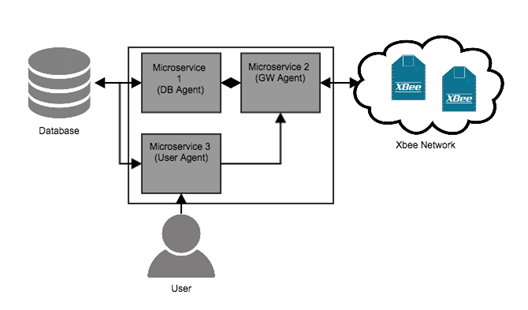Advanced Techniques in Microservice Development: Leveraging Scalability, Fault Tolerance, and Performance Optimization for Building Robust Distributed Applications
Keywords:
Microservices, Container Orchestration, Service MeshAbstract
Microservice architecture has revolutionized modern software development by providing unprecedented scalability, flexibility, and independence in deploying applications, enabling teams to break down monolithic systems into smaller, more manageable services that can evolve and scale independently. This shift has empowered organizations to accelerate development cycles, respond rapidly to changing market demands, and deliver more resilient and maintainable applications. However, as microservice systems grow more complex and distributed, developers and architects face new challenges that necessitate the use of advanced techniques to manage and optimize these ecosystems effectively. The increasing number of services, intricate inter-service communication, and the dynamic nature of deployments require sophisticated tools and strategies to ensure that microservice environments remain performant, secure, and manageable.This paper explores critical advancements in microservice development that address these challenges, focusing on container orchestration, service mesh architectures, event-driven microservices, and advanced monitoring and observability strategies. Container orchestration, particularly with platforms like Kubernetes, has become essential for automating the deployment, scaling, and management of containerized microservices, providing a foundation for managing large-scale systems. Service meshes, such as Istio and Linkerd, have emerged to simplify and enhance inter-service communication by abstracting complex networking, security, and monitoring tasks. Event-driven microservices, leveraging tools like Apache Kafka, introduce asynchronous, loosely coupled communication patterns that enhance scalability and system responsiveness. Moreover, advanced observability techniques, including distributed tracing, centralized logging, and real-time metrics collection, play a crucial role in maintaining visibility and diagnosing issues in complex microservice environments.In addition to these core advancements, this paper delves into the adoption of DevOps practices and continuous delivery pipelines, which are essential for maintaining the agility and reliability of microservice-based applications. Continuous integration and continuous delivery (CI/CD) pipelines enable teams to automate testing, deployment, and monitoring, allowing for rapid iteration and deployment of new features with minimal downtime. Furthermore, fault tolerance mechanisms, such as circuit breakers, retries, and bulkhead patterns, are examined to ensure that systems remain resilient in the face of failures, preventing cascading issues from propagating throughout the network. Distributed tracing is another critical component, offering deep insights into how requests traverse the microservice architecture, allowing teams to pinpoint performance bottlenecks and optimize service interactions.
